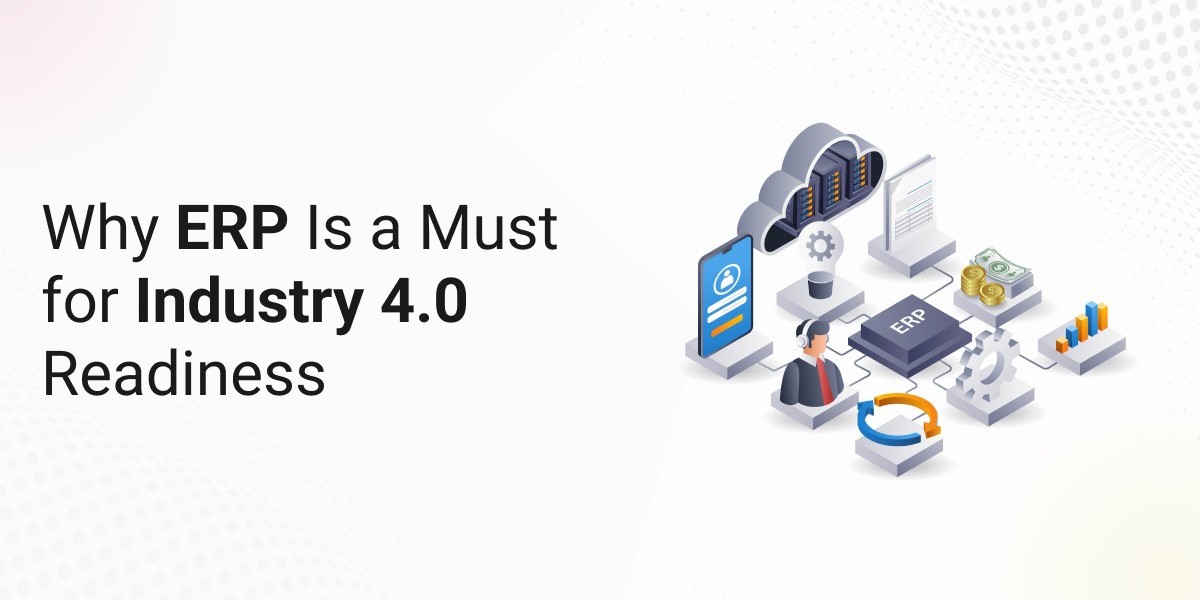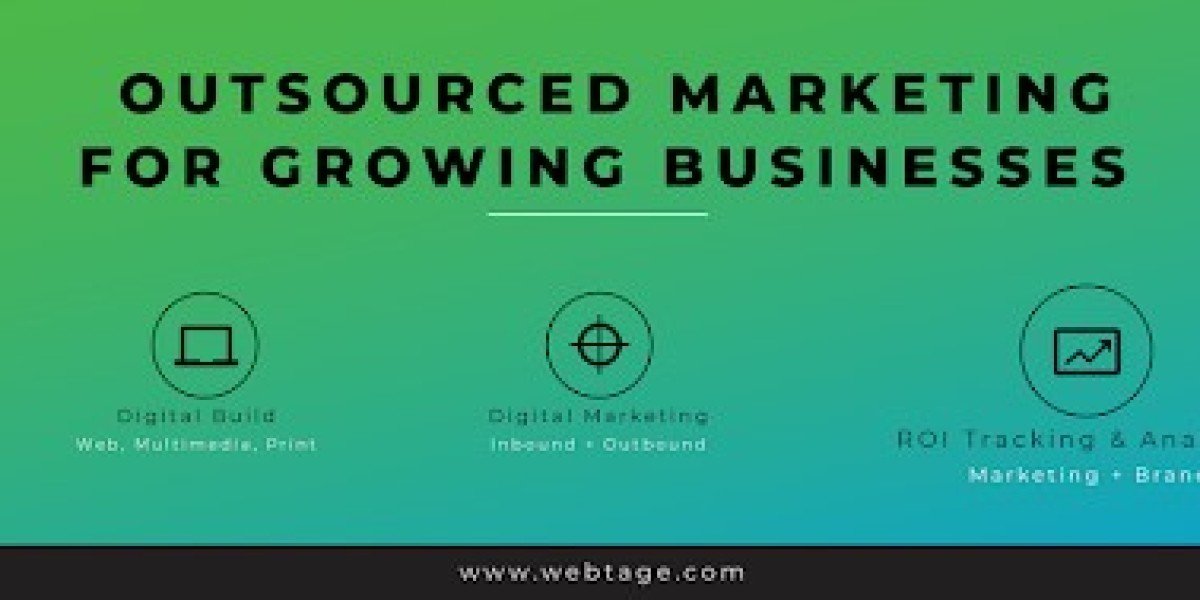Industry 4.0 demands data-driven manufacturing. Having implemented ERP in smart factories and having 18+ years of industry-backed experience, I can say that Manufacturing ERP is the bridge that links automation, IoT, and AI into one cohesive, future-ready system.
Gtech ERP is built with Industry 4.0 compatibility in mind, ensuring you’re not just keeping up, you’re leading.
We’re not just in an era of change; we’re in a revolution. Industry 4.0 has redefined what it means to manufacture products. Think of smart factories powered by IoT, real-time data syncing across systems, artificial intelligence making on-the-spot decisions, and machinery that communicates more than some coworkers.
But none of this futuristic magic works without one critical ingredient: readiness. Being digitally ready isn’t just about having cool gadgets. It’s about staying competitive in a fast-paced, digital-first market. That’s where ERP Systems become the backbone of transformation, laying the digital foundation for everything from process automation to smart data analytics.
The Core of Industry 4.0: Data, Automation, and Integration
At the heart of Industry 4.0 is one thing: connectivity. Modern manufacturing thrives on systems that talk to each other, share data instantly, and trigger automated actions based on real-time insights.
From predictive analytics to machine learning and lean workflows, success in Industry 4.0 relies on centralized control and seamless data flow between machines, software, and human teams.
The absence of such integration leads to silos, delays, and missed opportunities.This is where ERP for Manufacturing Industries truly comes into play. By tailoring ERP systems to a manufacturer’s unique needs, businesses can achieve real-time decision-making, fully integrated data pipelines, and precision-level automation that aligns with smart factory expectations.
ERP as the Enabler of Industry 4.0
Think of ERP as the brain of your digital factory. It doesn’t just store data, it connects it, interprets it, and distributes it where it’s needed most. A modern ERP unifies inputs from machines, sensors, workers, suppliers, and financial systems into a single source of operational truth.
Whether it's streamlining supply chain logistics, optimizing HR, or automating shop floor workflows, ERP ensures all departments work in sync. That kind of orchestration is exactly what smart manufacturing demands.
Key ERP Features That Align with Industry 4.0 Needs
To ride the Industry 4.0 wave successfully, manufacturers need ERP systems that can keep up:
IoT Integration: Collect and analyze data directly from machines in real time to reduce downtime and improve output.
Advanced Analytics: Use AI-driven forecasting for predictive maintenance, cost projections, and demand planning.
Automation: Schedule production runs, assign tasks, and set up alerts without lifting a finger.
Cloud ERP: Enjoy remote accessibility, automatic updates, scalability, and reduced infrastructure costs.
Manufacturing market is projected to amount to US$14.00tn in 2025 and a compound annual growth rate of 1.43% is expected (CAGR 2025–2029). In the middle of all this transformation, Manufacturing ERP Development ensures these advanced features are not generic plug-ins, but purpose-built tools tailored for your specific operations.
Real-Time Factory Visibility and Operational Intelligence
Industry 4.0 thrives on visibility. With ERP systems, manufacturers gain access to live dashboards showing energy consumption, output per hour, machine efficiency (OEE), and so much more.
Built-in monitoring tools detect anomalies before they become problems, preventing bottlenecks and enabling proactive maintenance. You’re not just reacting anymore; you’re predicting.
And the data isn’t sitting in spreadsheets; it’s driving decisions. With the help of custom-developed ERP, manufacturers can ensure that these decisions are backed by clean, real-time intelligence tailored to their factory floor.
What to Look for in an ERP System for Industry 4.0
When choosing ERP for Industry 4.0 readiness, here’s what should be on your checklist:
API-ready and modular architecture for future tech add-ons
Cloud-based platform with mobile access for real-time management
Compatibility with AI, IoT, and machine learning tools
Vendor support for seamless implementation and long-term success
Most importantly, your ERP system should evolve as you do, and that’s only possible through custom Manufacturing ERP Development that anticipates and adapts to your operational DNA.
Conclusion: ERP Is the Foundation of Smart Manufacturing Evolution
Industry 4.0 isn’t coming; it’s already here. And it’s moving fast. Without a strong ERP foundation, even the smartest machines can only go so far.
ERP powers the digital transformation journey from the factory floor to the boardroom. It’s the digital core of smart manufacturing, unifying teams, machines, and metrics in real time.
In the end, no Industry 4.0 strategy is complete without a modern ERP system. And investing in Manufacturing ERP Development is what turns that strategy into a living, breathing, profitable reality.






